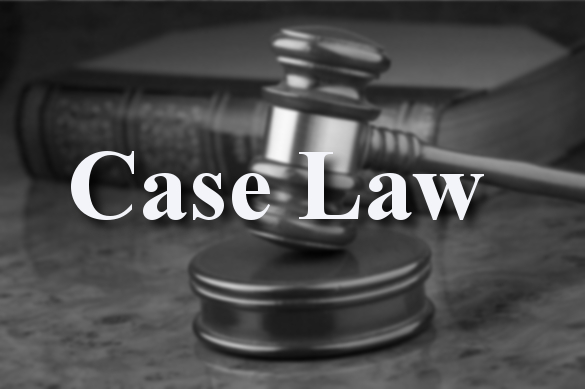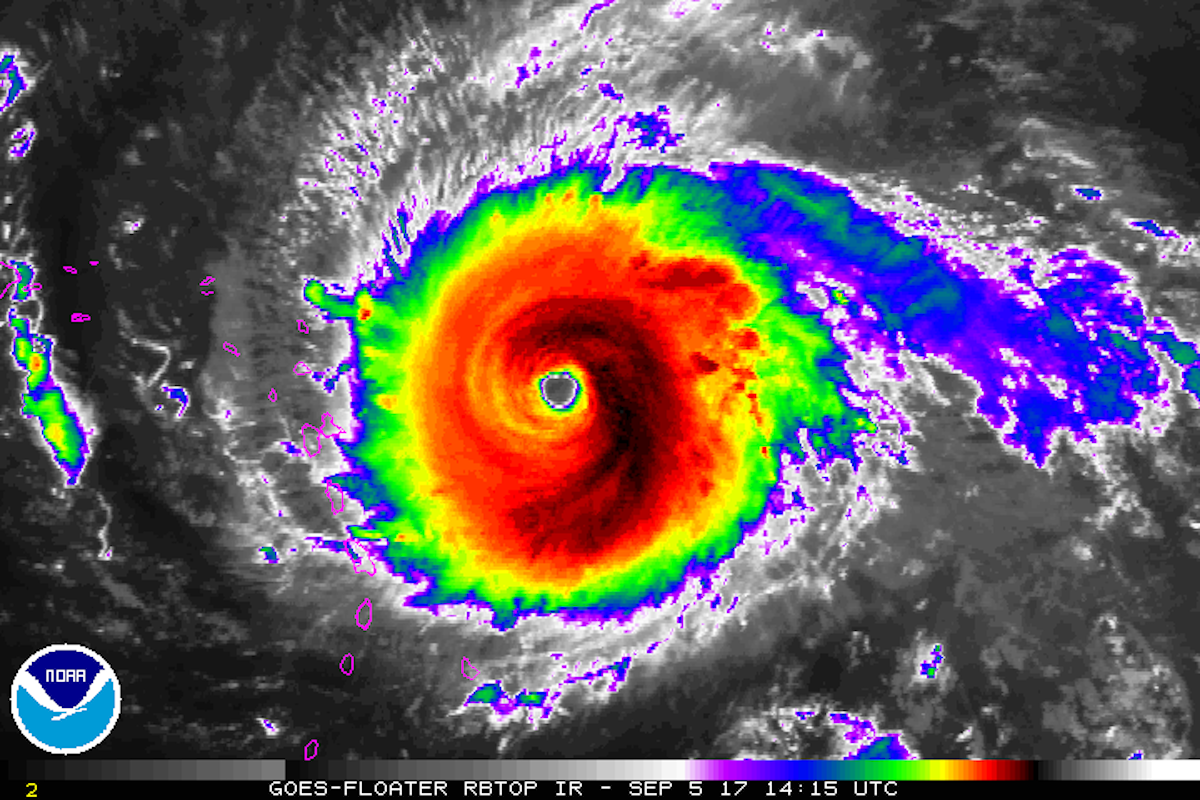 Based on a seemingly low media profile many people wrongfully assumed Florida’s court system had little or no impact on their community association in 2019. Although lacking in “name plate” cases the following case law decided in 2019 will have a meaningful impact on Florida’s condominium and homeowner associations (click here for .pdf of this article):
Based on a seemingly low media profile many people wrongfully assumed Florida’s court system had little or no impact on their community association in 2019. Although lacking in “name plate” cases the following case law decided in 2019 will have a meaningful impact on Florida’s condominium and homeowner associations (click here for .pdf of this article):
2019 Case Law Decisions
• Condominium Board Member Term Limits.
- Is the 8 year directorship limit retroactive?
- Only one arbitration case so far on this issue involving a community association. In the arbitration case, the association’s governing documents did not contain the “Kaufmann Language”.
- According to the arbitration case of Glantz v. Hidden Lake, Case No.: 2019-01-5048, without Kaufmann Language the term limits count starts from the date the legislation passed forward.
- With Kaufmann Language, one can assume the opposite result.
• Former Owner Awarded Attorneys’ Fees Against Community Association.
- After an association filed a lawsuit against the two title owners of a unit to recover unpaid assessments, the unit owners denied the allegations and asserted their right to recover attorneys’ fees and costs.
- The two unit owners sold the unit to a third party.
- Over a year passed without any activity in the case. This typically happens with an inattentive attorney or unengaged board of directors.
- Judge dismisses the association lawsuit for “lack of prosecution”. One of the former unit owners then filed a motion for prevailing party attorneys’ fees pursuant to the Declaration of Condominium and Florida Statute §718.106 and won.
- Don’t ignore old case you might consider moot, close out the cases properly or face the possible expensive consequences. Tison v. Clairmont Condo. F Ass’n, No. 4D19-117, 2019 Fla. App. LEXIS 16769 (4th DCA Nov. 6, 2019).
• Developer allowed to use working fund contributions for operating expenses.
- Working fund contributions used to be considered as benefiting the association, not its a developer. That sentiment recently changed in a recent case decided by Florida’s Fourth District Court of Appeal involving Valencia Reserve, a residential community of single-family homes in Palm Beach County.
- While still in control of the association, the developer used Working Fund Contributions collected at each closing to satisfy the Association’s operating deficit.
- After turnover, the HOA sued the developer claiming the HOA Act prohibited the developer’s use of working fund contributions to satisfy the deficit.
- Florida’s Fourth District Court of Appeals affirmed the lower court’s ruling finding that the developer’s use of the working fund contributions was permitted by both the Declaration and the HOA since they were not budgeted for designated “capital contributions”.
- Valencia Reserve Homeowners Ass’n v. Boynton Beach Assocs., XIX, LLLP, 44 Fla. L. Weekly D2208 (Fla. 4th DCA August 28, 2019).
• Associations Must Comply with the ADA and Florida’s Accessibility Code.
- An elderly patient visiting a medical facility in a strip mall fell near a curb in the parking lot and sued the medical facility, the manager of the mall and the owner of the mall based on a premises liability negligence claim. In support of his claim, the injured patient relied up a provision in the Florida Accessibility Code of Building Construction requiring the shortest accessible route between the handicapped parking space where he parked and the entrance to the medical facility. This requirement is not in the ADA.
- Florida’s Second Court of Appeals held the jury should hear both codes and determine the appropriate level of care.
- All common areas should be surveyed by a profession in the ADA and Florida’s accessibility code.
- Personal liability for directors and possibly no insurance coverage for any such lawsuits.
- Krueger v. Quest Diagnostics, Inc., MPN, Ltd. Liab. Co., 44 Fla. L. Weekly D2318 (Fla. 2d DCA September 13, 2019) .
• Associations Beware of Mandatory Arbitration Provisions in Governing Documents.
- The Declaration of Covenants, Conditions and Restrictions for the Ellingsworth Community contain a mandatory arbitration provision which requires that disputes be subject to negotiation in good faith, mediation, and a demand for arbitration within thirty days after termination of the mediation proceeding. If this procedure is not followed, the dispute is waived.
- When a homeowner modified the landscaping surrounding her home without authorization, the homeowners association demanded restoration to its previous condition. The homeowner refused, and she and the association proceeded to negotiation and mediation. The mediation resulted in an impasse. Rather than initiating arbitration, the homeowners association filed suit in state circuit court where it argued that despite the clear terms of the governing Declaration, Florida Statute § 720.311 allowed for a legal filing, rather than arbitration.
- The Court found that the Declaration and § 720.311 both provided for arbitration, but that the Statute did not supersede the Declaration’s mandatory arbitration provision and allow for filing of a lawsuit. Since the Association failed to submit the dispute to arbitration within thirty days of the mediation impasse, it waived its claim against the homeowner. The Association’s claim was dismissed with prejudice and judgment entered in favor of the homeowner.
- The Court found the Statute did not supersede the Declaration’s mandatory arbitration provision and allow for filing of a lawsuit. Since the Association failed to submit the dispute to arbitration within thirty days of the mediation impasse, it waived its claim against the homeowner. The Association’s claim was dismissed with prejudice and judgment entered in favor of the homeowner.
- Have an attorney review your governing documents and propose amendments to remove antiquated and expensive provisions.
- Guan v. Ellingsworth Residential Cmty. Ass’n, No. 5D18-3633, 2019 Fla. App. LEXIS 12940, at *1 (5th DCA Aug. 23, 2019).
• Unit Owners’ Defamation Lawsuit, Board Members Beware.
- A condominium association’s attorneys sent a cease and desist letter to a unit owner and provided a copy of the letter to the condominium association client. The unit owner who was the target of the cease and desist letter then sued the association’s attorneys in state circuit court for defamation.
- The court dismissed the defamation case because providing a copy of the cease and desist letter to its client did not amount to the publication required under the law of defamation. The court viewed the letter as a statement made by the attorneys to their client as part of the attorney-client relationship and analogous to the situations where there was no publication to a third party because the communication was tantamount to the principal talking to itself.
- It is important that community association directors and managers keep in mind their communications with association counsel are protected by the attorney-client privilege, are confidential, and should not be disclosed to third parties, including non-director unit owners. Disclosing such privileged communications to third parties may result in the waiver of the privilege. In addition, it is also important to take precautions to avoid potential defamation suits whenever possible as these are one of the most filed actions in the community association setting. Hoch v. Loren, 44 Fla. L. Weekly D1494 (Fla. 4th DCA June 12, 2019) .

